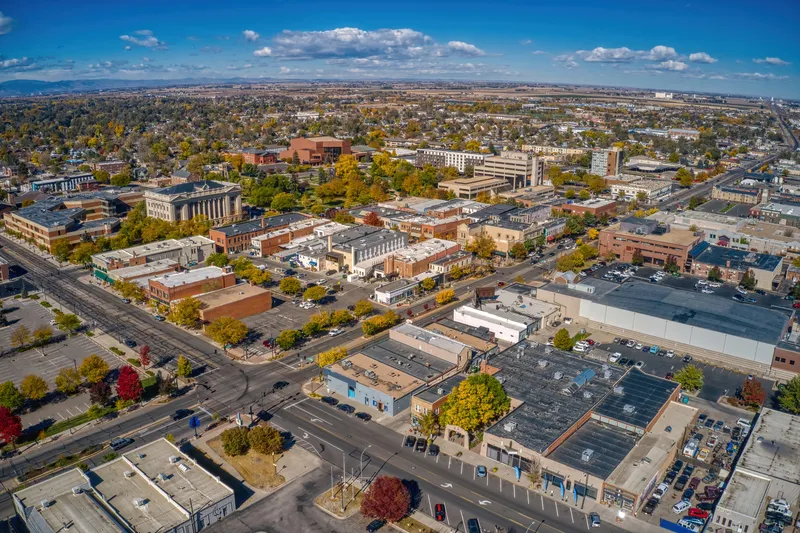Kapsch TrafficCom has been selected by North Tarrant Express (NTE) Mobility Partners Segments 3 LLC to provide the toll collection, intelligent transportation and network communication systems for the NTE extension project.
The NTE extension is approximately ten miles long, and runs along I-35W north of the city of Fort Worth. Kapsch will deliver ten all-electronic toll zones, including dynamic sign equipment and road sensors that provide the data to enable dynamic toll charges based upon actual traffic
February 18, 2014
Read time: 2 mins
The NTE extension is approximately ten miles long, and runs along I-35W north of the city of Fort Worth. Kapsch will deliver ten all-electronic toll zones, including dynamic sign equipment and road sensors that provide the data to enable dynamic toll charges based upon actual traffic volumes. The total contract value is estimated at US$26 million, with the first of two segments scheduled to be operational by April 2016.
The NTE extension will benefit from the seamless integration that exists between the
NTE Mobility Partners LLC selected Kapsch to design, build and integrate the managed lane high occupancy toll system for the first two segments of the North Tarrant managed lanes systems integration projects in the Dallas/Fort Worth metroplex in August 2012. That project is currently underway and includes eleven toll zones and 29 tolled lanes.
“Being selected for the NTE extension project allows Kapsch to expand our managed lanes tolling solution to additional segments in the Dallas/Fort Worth region and provide an even safer, more reliable commute for more than 144,000 daily commuters,” commented Chris Murray, president and CEO, Kapsch TrafficCom North America.









